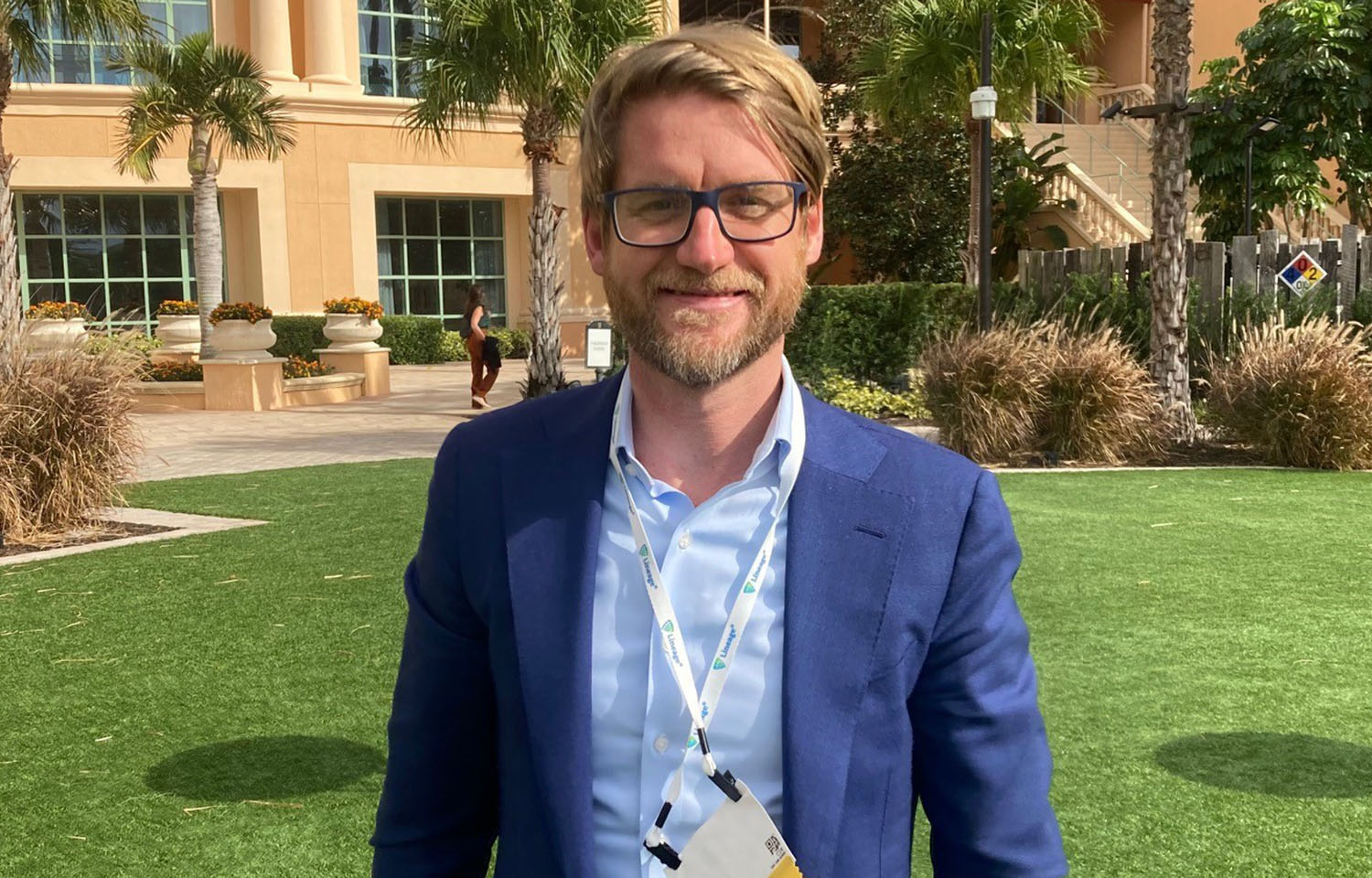Isaak Hurst thinks the seafood industry is crazy for not paying more attention to harmonized tariff schedule (HTS) codes.
“I think there is an overlooked opportunity for the seafood industry to save billions of dollars through HTS codes. Really, it's unbelievable,” he said. “Companies could literally be saving millions of dollars a year.”
Hurst runs the International Maritime Group, PLLC – a Seattle, Washington, U.S.A.-based boutique maritime law firm that focuses on international trade and fisheries-related projects.
“Our primary task is helping clients to further their own operational goals, which usually includes mitigating risks or helping them overcome regulatory challenges unique to our industry,” he told SeafoodSource at the 2024 Global Seafood Market Conference in Orlando, Florida, in January.
Between the ongoing China-U.S. trade war and U.S. sanctions on Russian seafood, including the recently enacted ban on products processed in third countries, tariffs – and avoiding them if possible – have become a major focus for Hurst’s practice.
“Tariff engineering is legal under U.S. law and has been since 1881 when the Supreme Court recognized the value of having importers fashion their products in a way that seeks to lower their import duties. But, nobody is looking at that stuff in the seafood industry,” Hurst said. “In certain circumstances, all these seafood importers would need to do is reclassify their imports from one HTS code to another in order to mitigate their tariffs, and the definitions, if you look at them, have differences of just two or three words sometimes. It's billions of dollars in tariffs the industry is paying that it doesn’t need to.”
Hurst pointed to the lobbying done by the Genuine Alaska Pollock Producers to expand U.S. President Joe Biden’s executive order to include more HTS codes for pollock as evidence there is plenty of room for maneuvering when it comes to HTS codes.
“Not many seafood CEOs know what their tariff codes are or how it's impacting the industry,” he said. “It's just chalked up to the cost of doing business. Really? Oh, man. It seems like you could save so much money and get such a competitive advantage by paying some attention to this.”
If Hurst sounds passionate, it’s because he has always had a personal stake in the seafood industry. Born and raised in Alaska, Hurst is the son of ...
Photo by Cliff White/SeafoodSource








